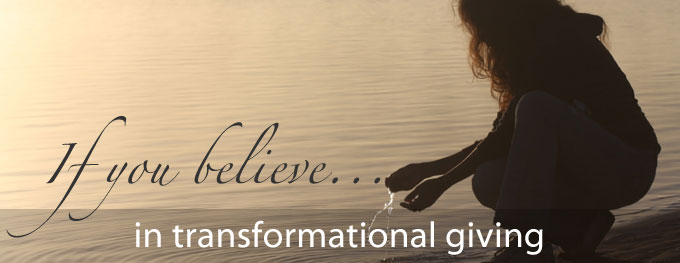Why do we support marriage between one Man and one Woman? The fifth Credo of the Stewardship Foundation is this: We believe… in the sanctity of human life, marriage and sexual morality, and religious freedom and the rights of conscience.
We support marriage only between one man and one woman because our faith binds in His Word. In the beginning (Genesis 2:18, 21-25) the Lord God said:
It is not good for the man to be alone. I will make a suitable partner for him.” So the LORD God formed out of the ground various wild animals and various birds of the air, and he brought them to the man to see what he would call them; whatever the man called each of them would be its name. The man gave names to all the cattle, all the birds of the air, and all the wild animals; but none proved to be the suitable partner for the man.
So the LORD God cast a deep sleep on the man, and while he was asleep, he took out one of his ribs and closed up its place with flesh. The LORD God then built up into a woman the rib that he had taken from the man. When he brought her to the man, the man said: “This one, at last, is bone of my bones and flesh of my flesh; This one shall be called ‘woman,’ for out of ‘her man’ this one has been taken.” That is why a man leaves his father and mother and clings to his wife, and the two of them become one body. The man and his wife were both naked, yet they felt no shame.
Almost every marriage ceremony between a man and a woman performed by a priest in a Catholic church includes this quote from 1 Corinthians 13:2-7:
If I speak in human and angelic tongues but do not have love, I am a resounding gong or a clashing cymbal. And if I have the gift of prophecy and comprehend all mysteries and all knowledge; if I have all faith so as to move mountains but do not have love, I am nothing. If I give away everything I own, and if I hand my body over so that I may boast but do not have love, I gain nothing. Love is patient, love is kind. It is not jealous, (love) is not pompous, it is not inflated, it is not rude, it does not seek its own interests, it is not quick-tempered, it does not brood over injury, it does not rejoice over wrongdoing but rejoices with the truth. It bears all things, believes all things, hopes all things, endures all things.
The last phrase, “endures all things” does not ignore the many hardships of life: financial problems, sickness, and family stress. Marriages are more likely to fall apart are those where the commitment to God’s ideals in marriage are not celebrated (and managed) by consistent, sincere prayer.
In Hebrews 13:4, the foundation of marriage is clearly stated:
Marriage should be honored by all, and the marriage bed kept pure, for God will judge the adulterer and all the sexually immoral.
Moral marriage is between one man and one woman. Redefining marriage as between two people “in love” but of the same sex implies that all fathers and all mothers are expendable. But in Matthew 19:4-12 it is clearly stated that the sacrament of marriage overrides the rights of offspring to be raised:
Have you not read that from the beginning the Creator ‘made them male and female’ and said, ‘For this reason a man shall leave his father and mother and be joined to his wife, and the two shall become one flesh’? So they are no longer two, but one flesh. Therefore, what God has joined together, no human being must separate.” They said to him, “Then why did Moses command that the man give the woman a bill of divorce and dismiss (her)?” He said to them, “Because of the hardness of your hearts Moses allowed you to divorce your wives, but from the beginning it was not so. I say to you, whoever divorces his wife (unless the marriage is unlawful) and marries another commits adultery.” His disciples then said to him, “If that is the case of a man with his wife, it is better not to marry.” He answered, “Not all can accept this word, but only those to whom that is granted. Some are incapable of marriage because they were born so; some, because they were made so by others; some, because they have renounced marriage for the sake of the kingdom of heaven. Whoever can accept this ought to accept it.
The unfortunate trend toward same-sex couples adopting and raising someone else’s child as a blended or adoptive family, including in-vitro surrogates, may appear to be a loving act, but it deprives children of the distinct advantages of being raised by their biological parents, knowing from whom they came, and instead identifies them as simply commodities.
Perhaps, even God-loving people will be offended by our credo. We do not define marriage as a relationship issue, it is a pro-creation issue. God made men and women biologically different so that they would procreate the human race with Him in order to bring more souls to Him.


